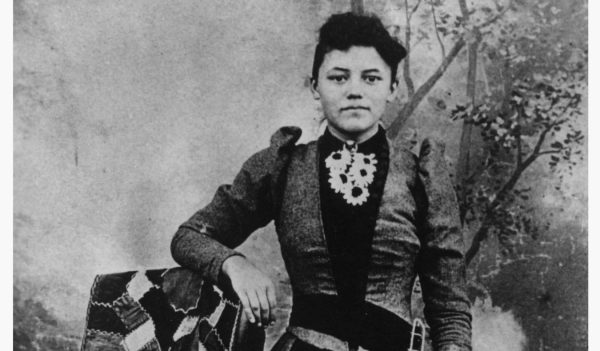OPINION: App State is not ready to be maskless
March 15, 2022
In an email update sent out Feb. 25, Chancellor Sheri Everts announced the end of the mask mandate on App State’s campus starting March 7. Students, faculty and staff are no longer required to wear masks anywhere on campus except if riding the AppalCart or visiting Student Health Services. Although COVID-19 cases are lower, App State’s campus is not ready for a drastic change in the mask mandate.
Going from a severe mask mandate that student conduct upheld to no mask mandate is a drastic jump App State did not have to make. It is a recipe for chaos and will likely result in an upsurge of COVID-19 cases on campus. The spread of COVID-19 on campus might not be reflected in the data because of the removal of testing requirements for unvaccinated students. The data might reflect fewer cases because of the lack of accountability for students to regularly get tested. Asymptomatic vaccinated students could potentially spread the virus unknowingly, which will put everybody on campus at risk, whether they are vaccinated or not.
Of the 19% of students and 10% of faculty unvaccinated, some of them could be unvaccinated due to health concerns and immunocompromisation. Lifting the mask mandate that has protected this sensitive population for the entire pandemic can have a catastrophic impact regarding their safety on campus. Immunocompromised students who are vaccinated are still at risk.
Students traveled across the country and the world on spring break and came back to a campus not requiring masks. Traveling and picking up COVID-19 from various areas and bringing it back to a maskless campus could cause an increase of COVID-19 cases. App State is not new to this concept, and the university canceled spring break for the 2020-21 academic year to minimize the risk of spreading COVID-19 through travel. App State should realize how dangerous a maskless campus can be, especially after spring break.
The university should make further decisions to ease the minds of those worried about a maskless campus. For example, giving professors the freedom to require masks in their classrooms could limit the spread of COVID-19 in those enclosed spaces students are spending a considerable amount of time in.
Providing guidance to campus dining facilities on how to ensure the self-serve food is not contaminated by maskless customers can also be helpful. Self-serve options in the dining halls are already risky due to the handling of utensils by countless students. Requiring masks while participating in the self-serve venues discourages customers from touching their mouths and noses after or before using shared utensils. If customers no longer wear masks while self-serving, there is a higher chance they could touch their mouths and noses, which can increase the risk of contracting or spreading COVID-19. The spread of COVID-19 through surfaces is low, but with the possibility of unmasked, infectious people walking around, this mode of transmission could increase. Requiring masks in campus dining facilities could provide the extra level of caution and security people want when it comes to food. No matter how small the possibility of transmission may be, people want to ensure that they are safe eating on campus.
App State should not have lifted the mask mandate. However, if there is pressure to make App State a maskless campus, there should at least be some level of precautions still in place. A pandemic is an ongoing plight in our current reality, and the transition from severe restrictions to no restrictions at all is dangerous.













HBW • Apr 6, 2022 at 8:34 am
‘Great opinion piece. It’s sad when public health decisions are made based upon political calculations, rather than upon epidemiologic data. If masks, even on the margins, slow the transmission of communicable disease and save a few lives, then there is every reason to wear them and little justification not to do so. Ultimately we either adhere to the Social Contract our Founders revered or we respond as did Cain when asked about his brother Abel.
Matt D • Mar 16, 2022 at 7:33 pm
This is nonsense and has no factual basis.